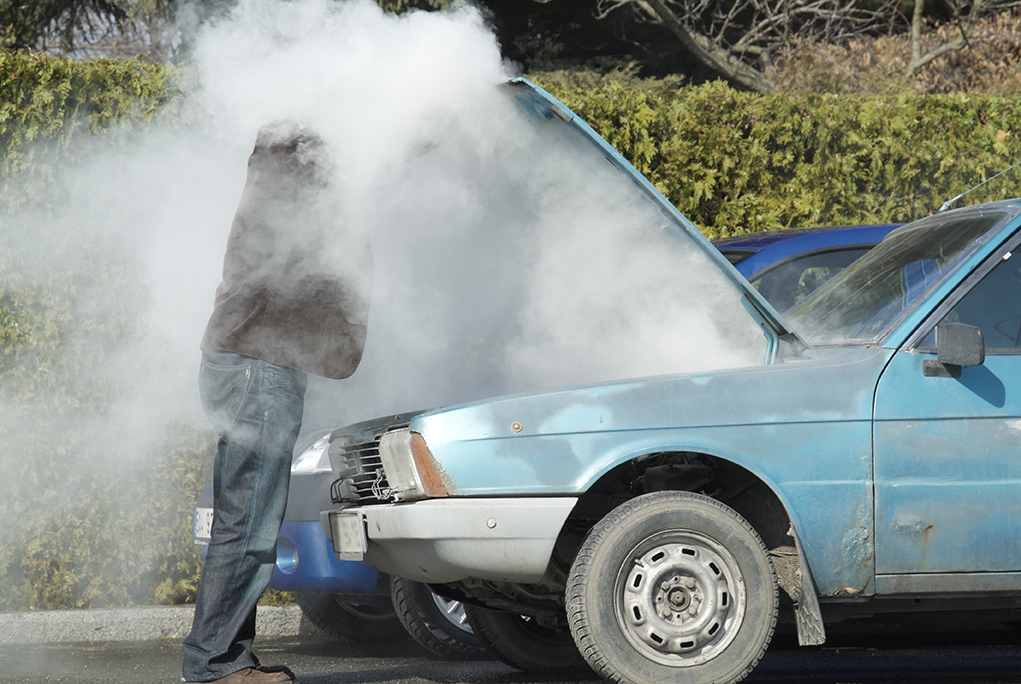That lovely smell of a new car still remains unfamiliar for many in the motor trade. So here are the used cars brands offering the worst bang for your buck, and the least reliability.
Here at the plan blog, we’ve closely followed the meteoric rise of used car prices since the pandemic’s start. Unfortunately, due to supply chain issues and semiconductor shortages, new car stocks remain limited. Used cars were once the target of consumers looking for a quick bargain. In 2020s Britain, used cars are proving valuable investments.
If your business buys, sells, repairs or modifies vehicles then Plan Insurance Brokers can source a tailored Motor Trade insurance policy for you. If you have any more questions or would like a quote call our expert team, request a call back or fill in a quote form.
In a world where ‘like new’ cars have almost the same value as new vehicles, not all used cars are created equal. Those that are reliable will fetch a much better price tag, and those that aren’t will be seen as shaky investments.
What Car? Asked owners of used cars up to five years old how troublesome their cars had been over the last two years. The survey asked how long repairs took and how much repairs had cost. What Car? Used this to come up with an overall score out of 100.
Below are the 10 most unreliable used car brands according to their research.
The 10 most unreliable used car brands
- Jeep… 77.0%
- Land Rover… 81.4%
- Fiat… 86.4%
- Alfa Romeo… 87.3%
- Peugeot… 87.4%
- Ford… 87.8%
- Jaguar… 88.7%
- Nissan… 89.3%
- Vauxhall… 89.5%
- Mercedes… 89.5%
Jim Holder, editorial director or What Car? Said, ‘The bottom three is sadly familiar, and tells a tale of companies that repeatedly promise to do better, but who never seem to shift the dial’. He is referring to Jeep, Land Rover and Fiat.
The worst of the worst
Jeep took the title of grand title of ‘least reliable used car brand’ with a dreadful set of results and a miserable score. At least they saved Land Rover and Fiat from the shameful top spot.
Many believe that Land Rover represents a clear disconnect between the desirability of its vehicles and the ownership experience.
Car brands like Lexus and Toyota that aren’t considered ‘top of the range’ but offer value-for-money and consistency should be paid attention to. Especially by used car buyers that favour premium brands that consistently fail to deliver. Luxury brands often claim to work towards a ‘customer-centric experience’, but are accussed of failing to make vehicles with quality that lasts.
The 10 most Reliable used car models
- Hyundai Tucson (2021-present)… 100%
- Kia Soul (2014-2019)… 100%
- Mini Convertible (2016 – present)… 100%
- Mitsubishi Eclipse Cross (2017-2021)… 100%
- Toyota RAV4 (2019-present)… 99.5%
- Lexus CT200h (2011-2021)… 99.3%
- Toyota Auris (2013-2019)… 99.3%
- Toyota Aygo (2014-2022)… 99.1%
- Mazda CX-3 (2016-present)… 99.1%
- Lexus UX hybrid (2019-present)… 99.0%
Mainstream brands don’t perform well in the survey
Most of us take reliability for granted from our vehicles. Long-term reliability is hugely important in a marketplace dominated by used cars instead of new ones. Otherwise, models that get a bad reputation are likely to be harder to sell after a short amount of time.
The survey’s results shows that paying more, more often than not guarantees a level of reliability. But that isn’t always the case, as Mercedes Benz sits at number 10. Land Rover is also not cheap but is the 2nd most unreliable car brand.
What makes a car unreliable?
Unreliability feels like a term that is difficult to define. The survey’s findings showed that particular car brands varied in what made their models unreliable. For Landrover Discovery owners, for example, they were similar percentages of problems with electrics (24%), bodywork (18%) and batteries (12%). All these issues represent unreliability differently, but all combine to paint a picture of a less-than-desirable car.
Advertising is doing the heavy lifting in helping us choose unreliable cars
Jim Holder, editorial director of What Car? Closes the survey by saying, ‘It’s clear that the perceptions driven by marketing are often not meeting expectations, and that the additional price you pay for an upmarket badge not only doesn’t guarantee better reliability, but actually can mean you are more likely to suffer an issue than if you had bought a more affordable car from a mainstream manufacturer.’
There does seem to be a trend that more expensive cars tend to be a tad more reliable, but that is a trend rather than a rule. Despite the claims in car adverts of engineering precision and cutting-edge technology, the evidence of What Car?’s survey shows much of that to be nonsense.


